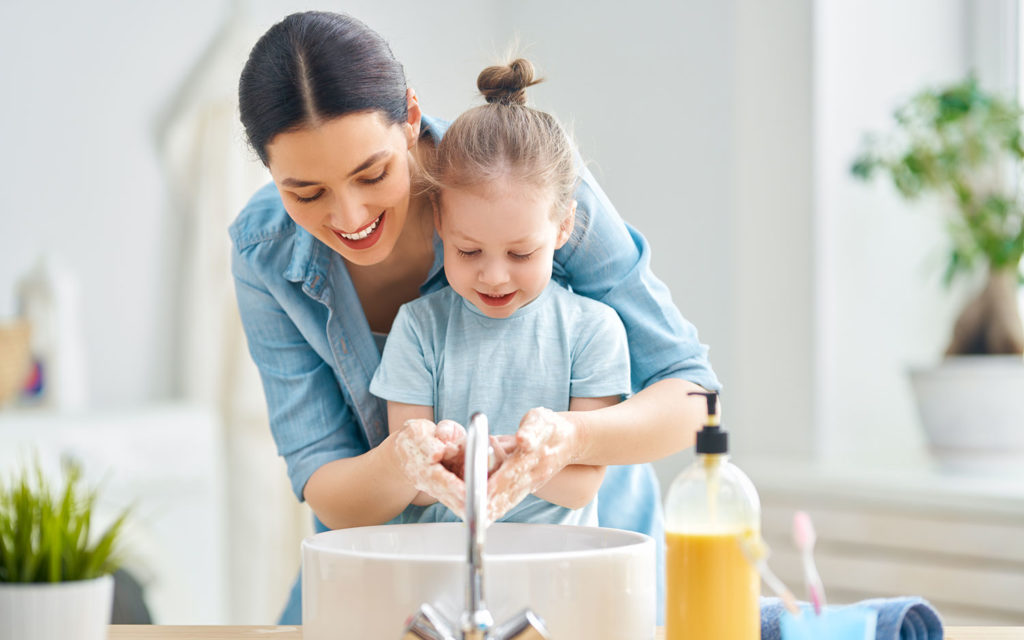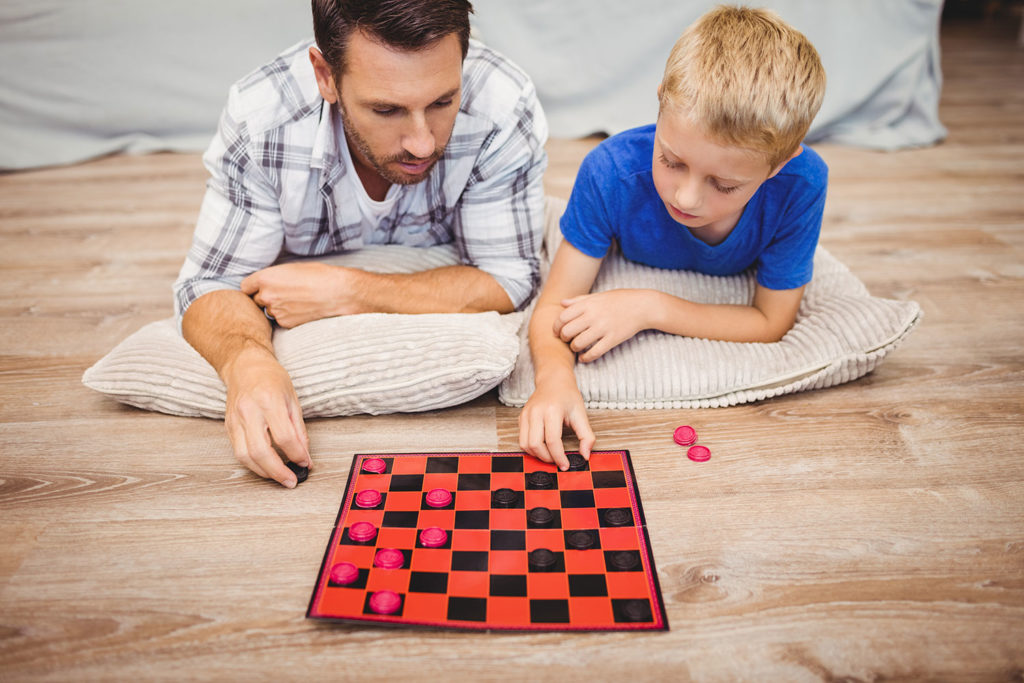Schools Are Closed Due to the Coronavirus–What Do I Do With My Kids?
As every parent in the Denver metro area with school-age children is now aware, all of Colorado is under strict “stay-at-home” orders from Governor Jared Polis due to the coronavirus, a highly infectious respiratory disease (as if you needed the reminder). This means that none of our children can go to school for the foreseeable future. These measures, both necessary and important, may have placed you – along with many other parents – in the position of staying at home to watch their children and/or working from home. Although chances to spend time together as a family are always welcome, it is natural to wonder what to do with your children all day? As your holistic pediatrician, we do our best to consider multiple aspects of your family’s well-being and have come up with the following information, suggestions and resources which you will hopefully find helpful in these stressful and unusual times.

What can my kids do right now?
Unfortunately, kids are unable to have play dates at this point, but they are allowed to go outside for exercise, provided they (and you) keep a safe distance between you and others. Everyone is being called upon to practice “social distancing,” meaning maintaining a distance of six feet from others, and this includes your kids. (Such advice is not because your kids are personally in serious danger from the virus, unless your child is immunocompromised from cancer or another serious medical condition. Instead, the concern is that it is currently unknown how infectious children under age 20 may be–are they potentially asymptomatic and spreading the virus?) You can take your kids for a walk or go to a park, but it is important to maintain the prescribed level of social distancing. Playground equipment, shared by many children, should be avoided. This all may prove tough with young children, so you’ll need to be sure you can keep them under control. Obviously, you can still do whatever you’d like in your own home.
Good hygiene is very helpful against COVID-19 (and other viruses)
On the inside of your home, use bleach wipes on every surface you can think of that kids will touch — wall and light switches and doorknobs, toilet handles and lids, all sorts of toys, and of course any video game controllers or other devices, including TV remotes. This is an important routine that ideally would be practiced daily.
Regardless of whether the kids are playing indoors or outside, remember to make sure that everyone washes their hands the right way (scrubbing for 20 seconds) and/or uses hand sanitizer. Basic hand-washing practices are a good first line of defense against any virus.

Develop a Schedule
The question remains–what are you going to do with your kiddos all day, every day? Children are used to a routine–when to sleep, when to eat, when to go to school, when to play. It is recommended that you create a blueprint for the day, with the goal being to keep your kids busy and learning while also allowing you to get things done that you may need to. Time magazine has some helpful thoughts on developing a routine for your children:
- Keep in mind your children’s school framework and attempt to respect their normal routine. Also be sure to incorporate the necessary homeschooling your school requires during this time. When are they used to having breakfast, snacks, lunch, recess? It is suggested that you break the day into small chunks, much as school does with subjects.
- Once you’ve mapped out times for their normal school routine, you can consider how to fill in the rest of the day. Have a few 15-30 minute blocks (more or less time depending on your child’s play development and age) for dedicated child-led play. Imagining, creating, building and inventing are important forms of learning, too. Limit adult involvement: kids need to play independent of adults, although with supervision.
- Put in blocks of time for reading. Fifteen to 20 total minutes a day is a great place to start, and it can be broken up into shorter segments. Consider structuring reading time in various ways: parent reads aloud, child reads aloud (if the child can read), and family silent reading time.
- If possible, add in two to three recess times (including possible play dates) during the day, for your child to explore outside, provided the above regulations are followed. A great option is to send your kids out to play in the backyard, if you have one. Active children are more likely to be tired children, who will hopefully be more willing to go to bed and sleep at night!
- Make a routine for screen time. It is suggested that, to keep your kids from over-indulging in screens, you have a set time in the schedule so children know when to expect screen time and for how long. When the scheduled time is over, turn screens off and don’t leave TV on as background noise. If the house feels too quiet and you welcome some distraction, turn on some music, instead.
Some other suggestions to consider:
- Have your kids get up at the same time Monday through Friday and keep a reasonable bedtime.
- Find ways to make learning fun. You can let your children teach you a skill they have been working on, or look for games or other hands-on activities to break up online learning or worksheets. (By the way, there are lists of free educational websites here and here.) Further suggestions: have them play and then write a story about what they did, or create a store in your kitchen or do a cooking activity to work on math skills. Enjoy working puzzles, including possibly more difficult ones as a family. Bring in art supplies and let your kids get creative with painting, coloring and drawing.
- Use summer reading lists from libraries, bookstores or your school system to choose books kids can read independently or a novel the family can read together. Find ways to explore the subject matter or time period in the book, such as virtual tours of museums or cities or discussion questions.
- Have your children practice their writing skills by writing letters to family and friends–a great way to stay in touch in these socially isolating times!
- If your children are healthy, get them involved in meal planning and preparation. Let them choose a recipe to try or a dessert to prepare and share.
- Offer your child a chance to earn some money by doing extra chores, helping a sibling with learning tasks or whatever your imagination comes up with!

Whatever your days end up looking like, remember that perfection is not the goal and that sometimes you will just need to give yourself and your kids a break in these trying times. If you take a day off one day, you can get back into the routine the next day with no lasting harm done. And always remember that we are here to help in any way we can, whether answering your questions or treating a sick child. As an integrative pediatrician, we practice both conventional medicine and complementary and alternative treatments and take a holistic approach to pediatric health care. We are here for you and your family in these unsettling times! We will update this post with ideas for entertaining yourselves at home.



Leave a Reply